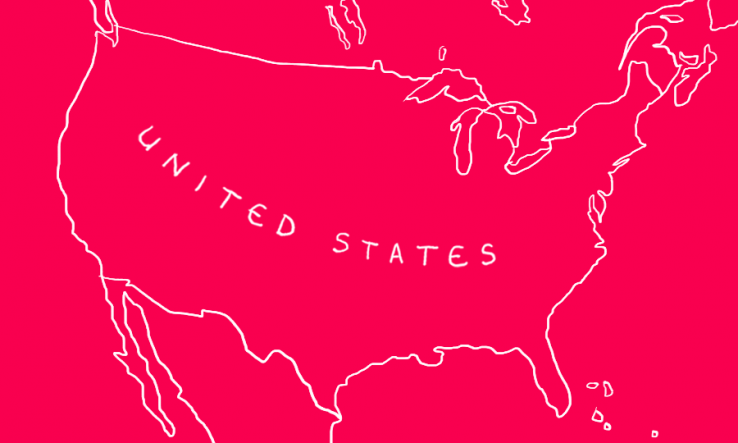
This week: education debt relief, campus vaccination, scientific election candidates and more
In depth: The president of the United States has announced his administration’s intention to invest hundreds of billions of dollars in R&D by 2030, as part of his ambitious $2 trillion infrastructure plan.
Full story: Biden’s ‘historic’ plan promises hundreds of billions for R&D
Here is the rest of the US news this week…
EPA science advice panels being revamped
The incoming administrator of the Environmental Protection Agency, Michael Regan, has dissolved two EPA scientific advisory committees in order to renew their memberships, in a break from policies under former US president Donald Trump that forbade researchers holding EPA research grants from serving as advisers. Regan said “resetting” the Science Advisory Board and Clean Air Scientific Advisory Committee “will ensure the agency receives the best possible scientific insight”. Tom Carper, chair of the Senate environment committee, applauded the move, saying it brought an end to the “‘fox guarding the henhouse’ approach” under Trump’s administration.
$1.6 billion of historically black universities’ debt forgiven
The Department of Education has forgiven $1.6 billion in federal debts owed by 13 public and 32 private historically black colleges and universities, under a dedicated financing programme. The department has also broadened a student loan payment holiday to cover more borrowers; the pause, extended in January 2021, now covers those with permanent disabilities and those who borrowed under the Federal Family Education Loan programme. US president Joe Biden’s chief of staff, Ron Klain, told the Politico news site that the president was also exploring further powers to cancel students’ debt.
University group poses campus vaccination questions
The American Council on Education, a university association, has set out questions that institutions should ask when mulling mandatory Covid-19 vaccination for on-campus students. While mandates could make campuses feel safer and more vibrant, patchy access to jabs means mandates risk penalising those disadvantaged by geography or finances, Ace warned. Religious exemptions and a distrust of the medical establishment among marginalised communities also complicate matters, it said. Measures must also align with state laws and regulations, although a December 2020 California court ruling found that an influenza vaccine mandate for public college students was legally permissible, Ace noted. Rutgers University and Cornell University have announced mandates.
Science political action committee unveils $50m war chest
The political action committee 314 Action, which campaigns to get more scientists elected, has said it is aiming to spend $50 million in next year’s congressional races, according to the Associated Press news agency. Much of the spending will be aimed at getting Democrats elected in competitive Senate seats in North Carolina, Ohio and Pennsylvania. Apart from raising funds and channelling them to scientifically trained candidates’ campaigns, 314 Action also offers training and other assistance to them.
Soros pledges $500m to Bard College
The philanthropist George Soros has announced a $500m donation to Bard College, a small, private liberal arts college with strong international links. Soros’s “challenge” gift provoked a subsequent $250m in gifts from other supporters, the college said. “This is the most historic moment since the college’s founding in 1860,” said college president Leon Botstein, adding that Bard would seek a further $250m in donations to reach its $1bn fundraising goal.